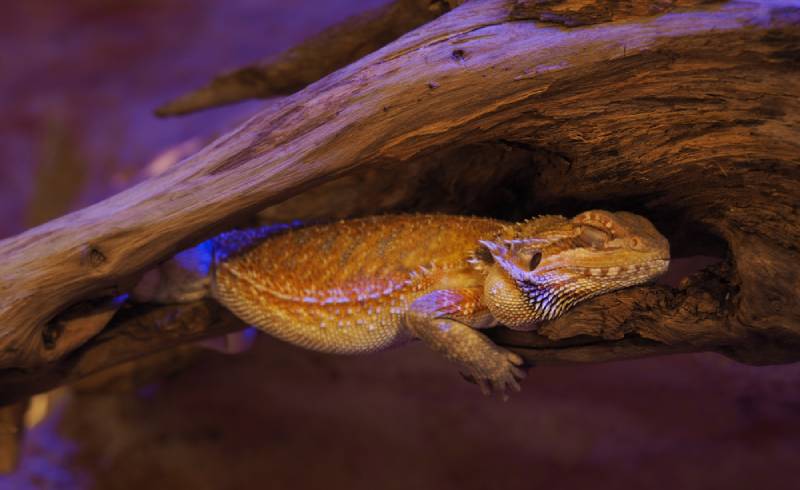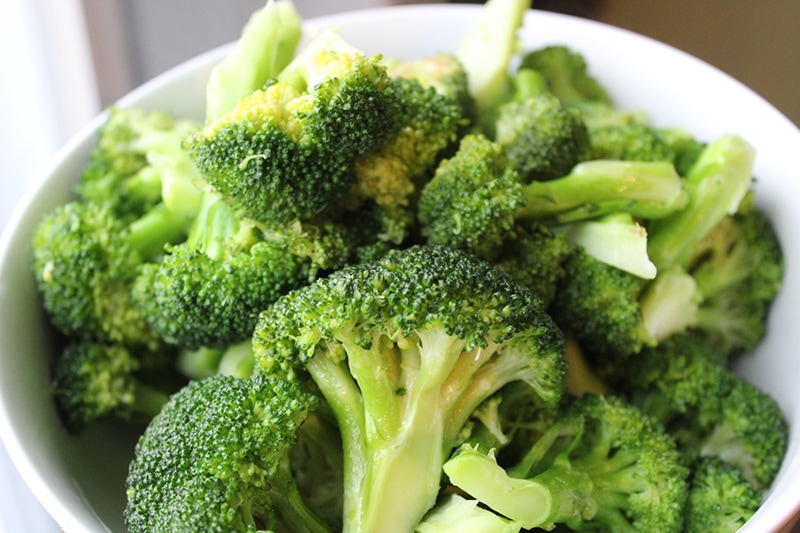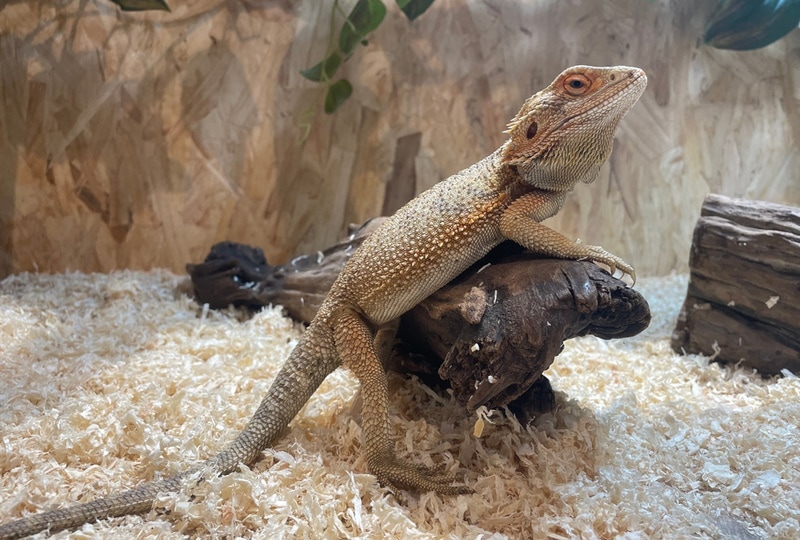Can Bearded Dragons Eat Ladybugs? Vet-Verified Dangers & FAQ
Updated on
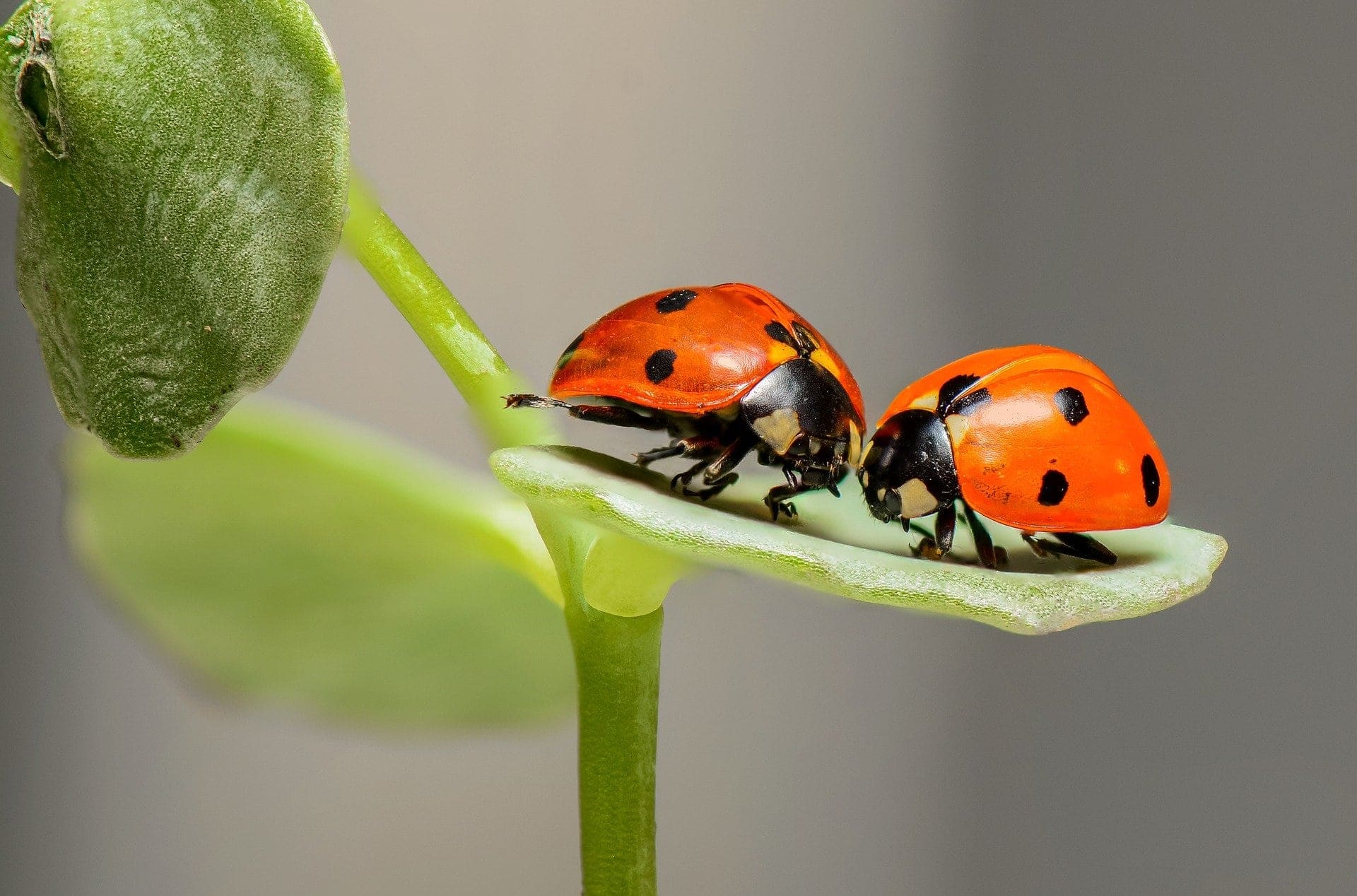
Click to Skip Ahead
Even though bearded dragons can technically eat ladybugs, it is usually not a good idea to give them ladybugs to eat. Ladybugs are carriers of a poison called cantharidin, which, if consumed in significant quantities, can prove harmful to bearded dragons. On top of their potential toxicity, ladybugs lack the necessary nutrients that bearded dragons need for their overall well-being. Preferred food sources for bearded dragons include larger insects, such as crickets and mealworms, which are considerably more nutritious.
Cantharidin: The Hidden Danger in Ladybugs
Despite their adorable appearance, ladybugs harbor a toxin called cantharidin. This compound can cause significant harm to bearded dragons if ingested in large amounts. Cantharidin is a potent toxin known to cause irritation to the digestive system and potentially induce other health complications. Due to the presence of this toxin, ladybugs should not be a regular feature in your bearded dragon’s diet, despite their availability in many environments.
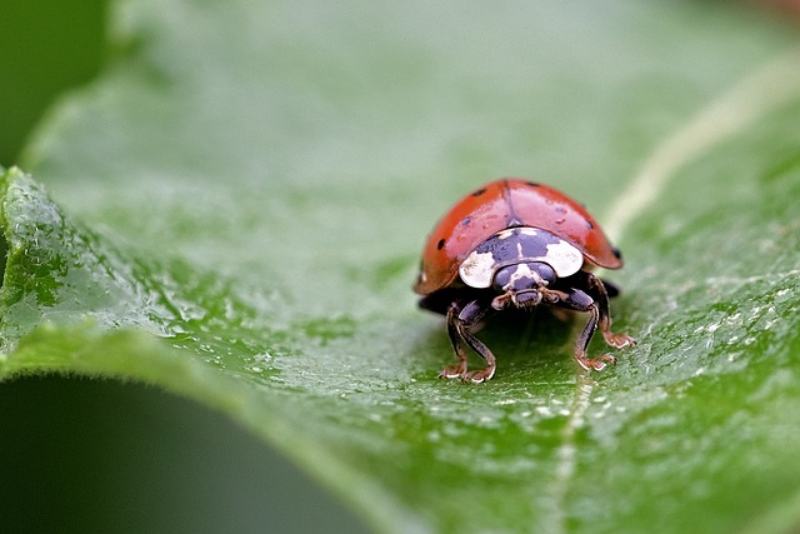
The Nutritional Limitations of Ladybugs
You might be wondering, “Do ladybugs offer any nutritional value to my bearded dragon?” Unfortunately, the answer is a resounding no. Despite their tempting appearance and easy availability, ladybugs fall short in the nutrition department. They don’t pack the necessary vitamins, minerals, and proteins that bearded dragons require for healthy growth and development.
The Hard Exoskeleton Concern
Apart from the toxin issue and nutritional deficiencies, ladybugs possess a hard exoskeleton that could be difficult for bearded dragons to digest. This tough outer shell can potentially cause intestinal blockages or other digestive issues, further raising the risk associated with feeding ladybugs to your bearded dragon.
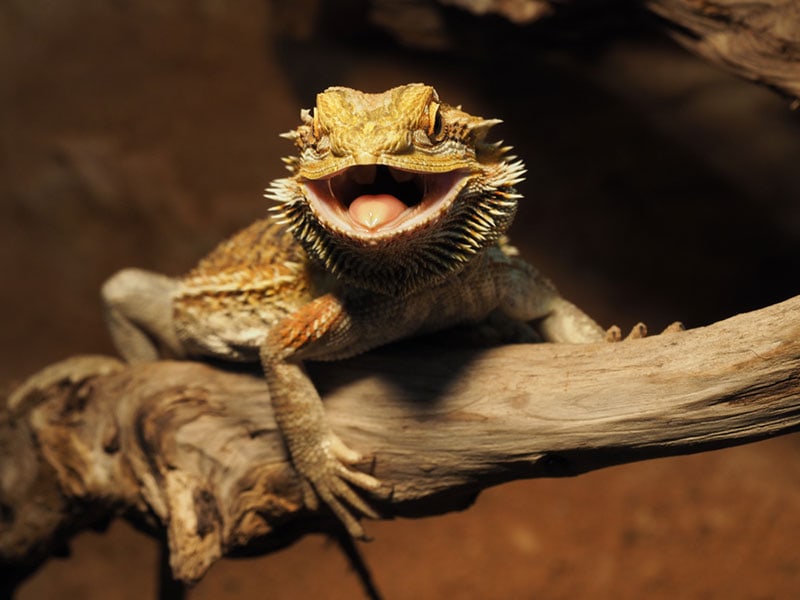
Outdoor Ladybugs: More Than What Meets the Eye
Catching ladybugs from your backyard might seem like a fun activity, but it’s essentially a Pandora’s box of potential problems. Outdoor insects, including ladybugs, can harbor various diseases and parasites, posing serious risks to your bearded dragon’s health. For instance, they might carry protozoa or nematodes, tiny organisms that can infect your beardie, causing digestive issues, lethargy, and weight loss.
Bearded dragons infected with these parasites might lose their appetite, appear less active, and exhibit an unsteady gait. If your beardie is behaving unusually after eating ladybugs, it’s advisable to consult a vet immediately. Moreover, regular fecal tests are crucial for early detection of these parasites. Remember, a clean bill of health keeps your bearded dragon both happy and hearty.
An Emphasis on Commercially Available Feeder Insects
Look, your bearded dragon deserves the best, and you know what that means? It’s all about chowing down on commercially available feeder insects! Crickets, mealworms, and superworms, oh my! These creepy crawlies might not look appetizing to you, but to your beardie, they’re a feast of vitamins, minerals, and proteins. These guys don’t just fill up your dragon’s belly; they also tick all the boxes in the nutrition checklist.
Insects are just part of the equation, though. Balancing your beardie’s diet involves incorporating specially selected veggies tailored for bearded dragons. Think fresh mustard greens, crunchy collard greens, and even sweet bell peppers. Each bite is packed with various nutrients, crucial for their health and overall well-being. The bonus? You can toss aside worries about toxins or parasites sneaking into your pet’s system. Sticking to these safe, healthy options means you’re setting your bearded dragon up for a life that’s not just surviving but thriving!
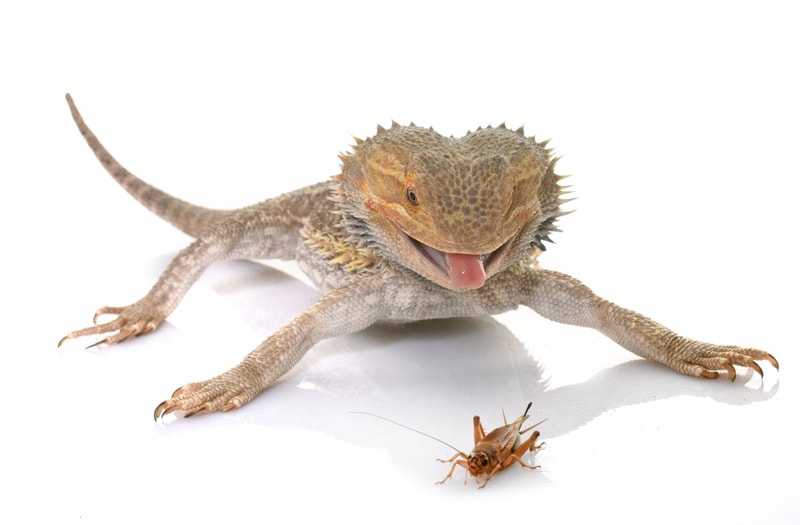
Conclusion
In the end, ladybugs might seem like a good food for your bearded dragon, but you should avoid giving them to your bearded dragon pal. Your bearded baby should not eat ladybugs because they are highly toxic, they might not have enough nutrients, and they might even have trouble digesting them. Remember that your bearded dragon needs a balanced diet full of safe and healthy foods to stay healthy and grow!
Featured Image Credit: RonBerg, Pixabay


